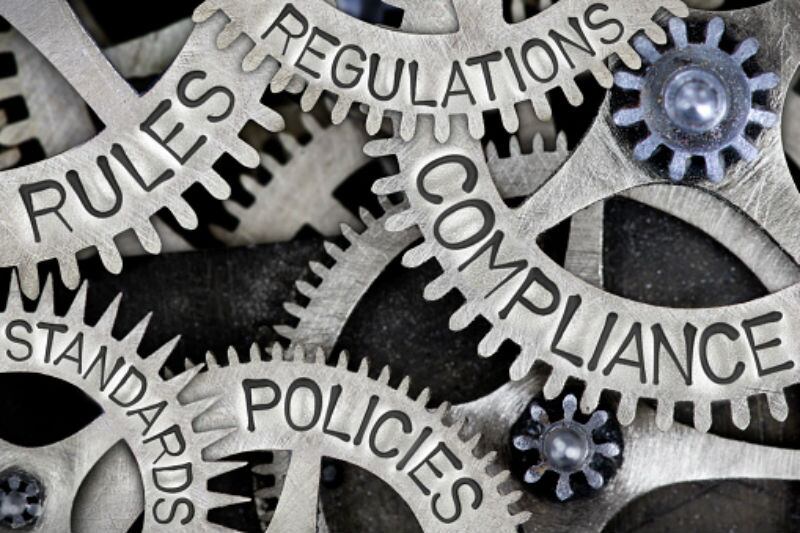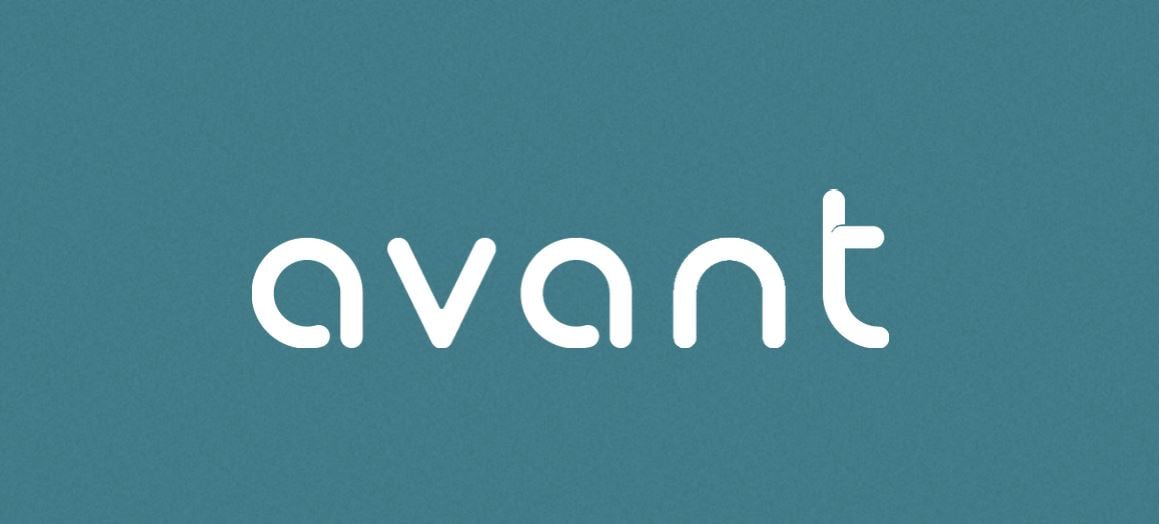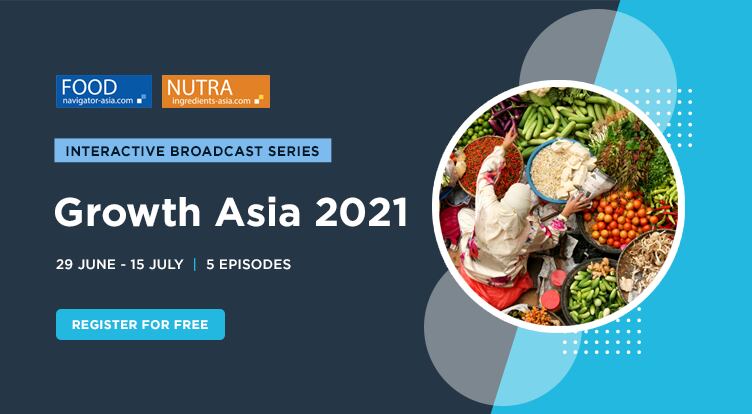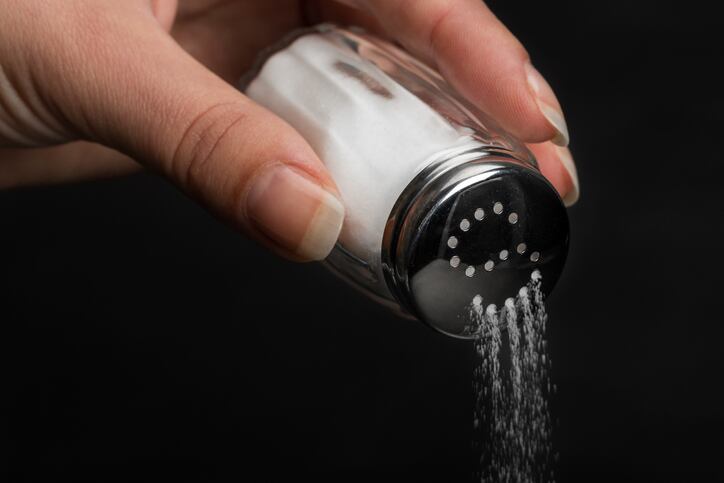‘Radioactive dump’: South Korea proposes additional city and province labelling of raw materials for imported foods
South Korea has proposed a draft where additional labelling of origin of raw materials should be indicated for all imported agriculture, aqua and processed foods following Japan’s decision to release more than one million tonnes of treated radioactive water from the Fukushima nuclear plant into the Pacific Ocean.
The draft states that additional information on city or province or prefecture of raw materials need to be indicated, in addition to the country of origin which is already mandatory.
Japan’s decision has been criticised by countries including South Korea, China, Taiwan and New Zealand.
Dr Frank Kim, founder and CEO of SEAH Bio, a South Korean-based regulatory consultancy specialising in nutraceutical, pharmaceutical and processed foods regulations told FoodNavigator-Asia: “They (democratic party) are proposing a regulation to give consumers the right to know where their food products come from and give them peace of mind if they know it is not coming from a dangerous region.”
‘Only bright spot’: Australian industry calls for rethink on juice Health Star Ratings stance as consumer loyalty grows
The Australian beverages industry has expressed hopes that the government will reconsider its current stance on Health Star Ratings (HSR) for no added sugar juices after the sector emerged as the sole soft drinks growth category in the last quarter of 2020.
According to a new report by analysis consultancy GlobalData, the Australian beverage industry as a whole suffered a 4.2% year-on-year drop overall in Q4 2020 with just about all beverage categories showing declines.
Soft drinks in particular saw a significant y-o-y decline of 7.2%, the largest amongst all beverages – with the sole exception of juice, which showed moderate growth of 1.6%.
“The juice category’s zero added sugar attribute is hailed as the major factor for [this growth], being the only bright spot amid the falling soft drink volumes [in Australia],” GlobalData Consumer Analyst Ravi Teja said.
Japan imports guidance: Processed food contamination key concern in new safety strategy
Japan has renewed its focus on preventing the imports of foreign foods tainted by antibiotics, additives, pathogens and other contaminants in a new food imports guidance strategy, with a focus on processed foods from animal, aquatic and agricultural origins.
The Japanese government has stepped up efforts to inspect and monitor food products imported from overseas sources in the 2021 version of its ‘Imported Food Monitoring Guidance Plan’, which was recently announced by the local Ministry of Health, Labour and Welfare (MHLW).
Special focus has been placed on processed foods from all origins – animal, aquatic and agricultural – this year, with over 50,550 or over half of 100,000 planned tightened inspections this year dedicated to these categories.
“This strategy aims to promote the implementation of more focused, efficient and effective of imported foods monitoring and inspections in order to increase the safety of any foods looking to enter Japan, [thus] enhancing the safety of Japan’s food supply,” Japan’s MHLW said in a formal statement.
Anti-fatigue health claims: Taiwan animal test ban to increase cost and time for registering products
Health foods manufacturers wanting to make anti-fatigue claims in Taiwan can expect to spend a higher cost and a longer period of time registering products, after the local authorities banned animal testing on such items and insisted on human trials.
The Taiwan Food and Drug Administration announced the ban on animal test in health foods and beverages making anti-fatigue claims in mid-April. There will be a two-year transition period.
Manufacturers wishing to make anti-fatigue claim will need to present evidence from human clinical studies when the transition period ends.
This is the first time the authorities are banning animal test for health foods.
“There are 13 health claims for Taiwan health food certification. Anti-fatigue is the first claim that bans animal studies. This [ban on animal studies] doesn’t affect other health claims in Taiwan,” said Iris Chen, director of regulatory affairs at Voler Biotech Consulting.
‘World’s first’ certification mark launched for upcycled foods
In an industry first, a certification mark has been developed for upcycled ingredients in food and beverages. The logo is the brainchild of the Upcycled Food Association (UFA), a not-for-profit setup by a group of upcycled food companies in 2019.
Last year, the UFA developed and published its first ever certification standard. And now, the non-profit has unveiled what it claims to be the world’s first certification mark for upcycled foods.
“The upcycled certification seal is transformative for centralising the messaging around upcycled food,” said Caroline Cotto, UFA board president.
“We want consumers to see the mark and immediately understand not only what upcycled food is, but more importantly, the impact upcycled food has from a climate perspective.”





